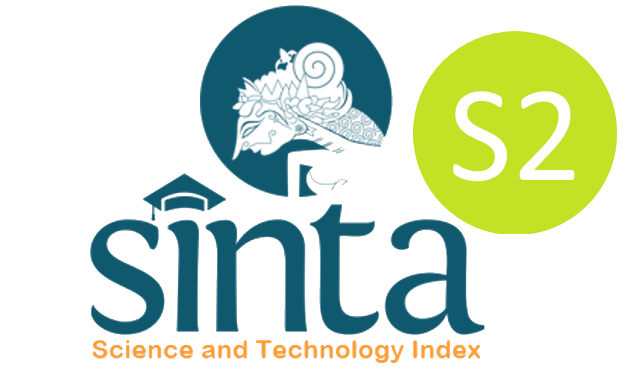Abstract
This study compared false memory production in Spanish monolinguals and Spanish-Catalan bilinguals. We used an adjusted Deese-Roediger-McDermott (DRM) false memory paradigm and presented the participants with eight Spanish DRM lists containing 12 words each, along with figures and colors to manipulate contextual details. Free recall results showed higher true recall levels in bilinguals than in monolinguals. However, we did not find notable false memory differences between the monolinguals and bilinguals. We found no differences in the amount of contextual details added in the true and false recall, indicating that levels of confidence in memories are similar in the two groups. Implications of the findings are discussed.
Recommended Citation
Riesthuis, Paul; Otgaar, Henry; and Wang, Jianqin
(2019)
"Differences between Bilinguals and Monolinguals in False Memory Production? A Look into the DRM Paradigm Using Contextual Details,"
Psychological Research on Urban Society: Vol. 2:
No.
2, Article 9.
DOI: 10.7454/proust.v2i2.50
Available at:
https://scholarhub.ui.ac.id/proust/vol2/iss2/9







